One of the most important figures in pre-jazz African-American music, Will Marion Cook is also one of its better known personalities. As a composer, conductor, performer, teacher, and producer, he had his hand in nearly every aspect of the black music of his time and worked with nearly every other important musician in his fields. Uncompromising and difficult to work with, he still commanded respect from his peers for his abilities and accomplishments.
Cook was born to middle class parents in Washington, D.C., on January 27, 1869. His father, John Hartwell Cook, was in the first class of students at Howard University Law School in Washington, D.C. He went on to become the school’s first dean. Following his father’s sudden death in 1879, Cook and his mother lived in several cities around the country, including Denver and Kansas City. In 1881 he was sent to Chattanooga, Tennessee, to live with his grandfather where he heard black folk music for the first time.
However, Cook’s early career remained focused on classical music and violin performance, which he began at age 13. When he was 15, Cook studied violin at Oberlin College. Frederick Douglass helped organize a fundraiser to send Cook to study in Europe. As a result, Cook studied from 1887-89 at the Berlin Hochschule für Musik with Joseph Joachim, the famous violinist and associate of Brahms. Upon his return to the U.S. in 1890, however, his classical career went nowhere.
Since he was unable to find employment at any musical institution, he began to teach music privately; among his students was Clarence Cameron White, who later became famous as a violinist and composer. Cook’s earliest composition was Scenes from the Opera of Uncle Tom’s Cabin–intended for the Chicago World’s Fair of 1893, but which was not performed.
In 1894-95 he continued his studies at the National Conservatory for Music where Antonin Dvořák and John White were teaching. Cook turned to popular music as his classical career was not successful. He began writing songs and formed the Gotham-Attucks Publishing Company with R. C. McPherson. His first big success was the musical Clorindy, or The Origin of the Cakewalk (1898). The lyricist and librettist for this show was Paul Lawrence Dunbar who wrote (perhaps at Cook’s insistence) in a dialect style. Cook managed to get Clorindy performed as an extended afterpiece at the Casino Roof Garden on Broadway. When the show began there were only 50 people in the rooftop audience but people coming out of the main show downstairs heard magnificent choral singing coming from the roof and rushed up to see who was performing. By the end of the opening chorus, the house was packed and the performers were given a 10-minute ovation.

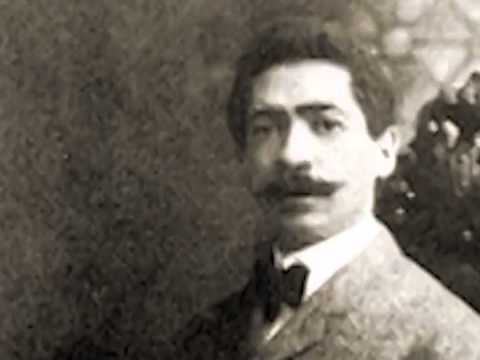




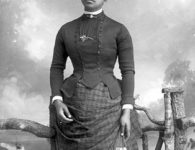


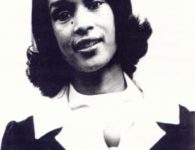
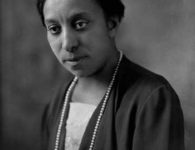

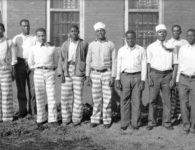
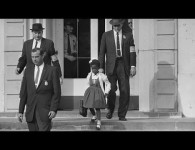
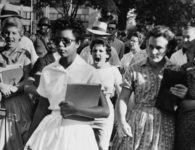
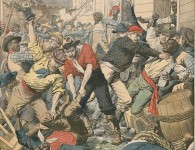



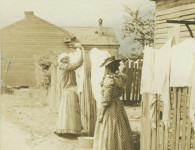

1 Comment
[…] One of the most important figures in pre-jazz African-American music, Will Marion Cook is also one of its better known personalities. As a composer, conductor, performer, teacher, and producer, he had his hand in nearly every aspect of the black music of his time and worked with nearly every other …read more […]
tramadol-faq.com
wheretobuyvalium.com
24x7cbdoil.com
online-ambien-zolpidem.com
valium-pills-online.com